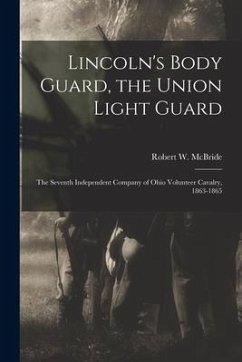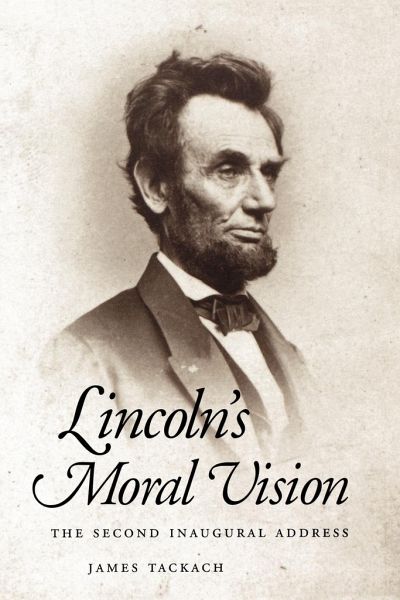
Lincoln's Moral Vision
The Second Inaugural Address
Versandkostenfrei!
Versandfertig in 1-2 Wochen
29,99 €
inkl. MwSt.

PAYBACK Punkte
15 °P sammeln!
Lincoln's Moral Vision: The Second Inaugural Address by James Tackach On March 4, 1865, Abraham Lincoln gave his Second Inaugural Address, the final great speech of his three-decades public career. Delivered a little more than a month before the end of the Civil War and forty-one days before he was assassinated, the speech reveals Lincoln's coming to terms with vital moral and political issues with which he had grappled during his political life. This book traces how the speech addresses three critical issues that obsessed him: slavery, race, and religion. Although in early life Lincoln develo...
Lincoln's Moral Vision: The Second Inaugural Address by James Tackach On March 4, 1865, Abraham Lincoln gave his Second Inaugural Address, the final great speech of his three-decades public career. Delivered a little more than a month before the end of the Civil War and forty-one days before he was assassinated, the speech reveals Lincoln's coming to terms with vital moral and political issues with which he had grappled during his political life. This book traces how the speech addresses three critical issues that obsessed him: slavery, race, and religion. Although in early life Lincoln developed a personal distaste for slavery, he never embraced the abolitionist cause. Before his presidency, he endorsed a "middle position" on slavery, arguing that it could remain legal in the South where it was entrenched, but not be allowed to spread to new territories. On the matter of race Lincoln was a man shaped by the prejudices of his time and place. Before the Civil War he advocated no civil rights for blacks and often asserted that whites should hold a superior position in American society. In religious perspective Lincoln was a skeptic, even accused by one political opponent of being an infidel. But during the political turbulence of the 1850s and during Lincoln's presidency, his positions on these three burning issues shifted dramatically. The profound changes in Lincoln's thinking are evident in the Second Inaugural Address, in which he condemns slavery as a grievous national sin that prompted a just God to deliver upon the United States a fierce punishment in the form of a devastating civil war. This book argues that the Second Inaugural Address was Lincoln's resolution of the key moral and political issues of his time and is the key document in Lincoln's entire literary canon. James Tackach is a professor of English at Roger Williams University.



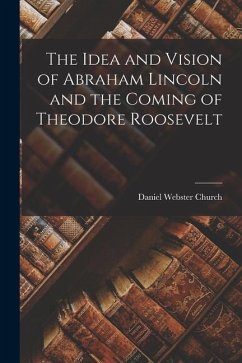

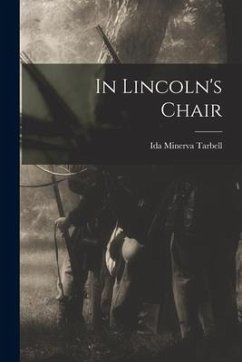
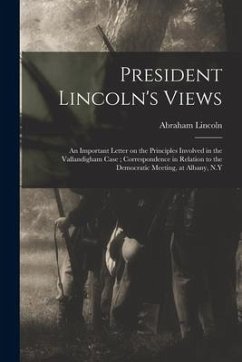

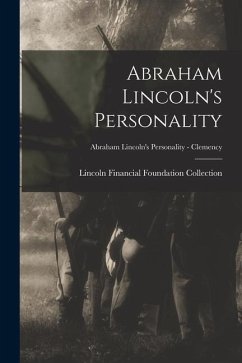
![Lincoln's Visit to Lancaster in 1861, and the Passing of His Corpse, 1865: [and, ] Minutes of March Meeting Cover Lincoln's Visit to Lancaster in 1861, and the Passing of His Corpse, 1865: [and, ] Minutes of March Meeting](https://bilder.buecher.de/produkte/66/66117/66117401n.jpg)


